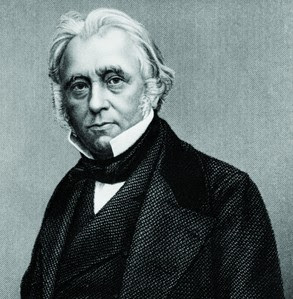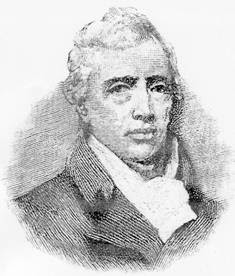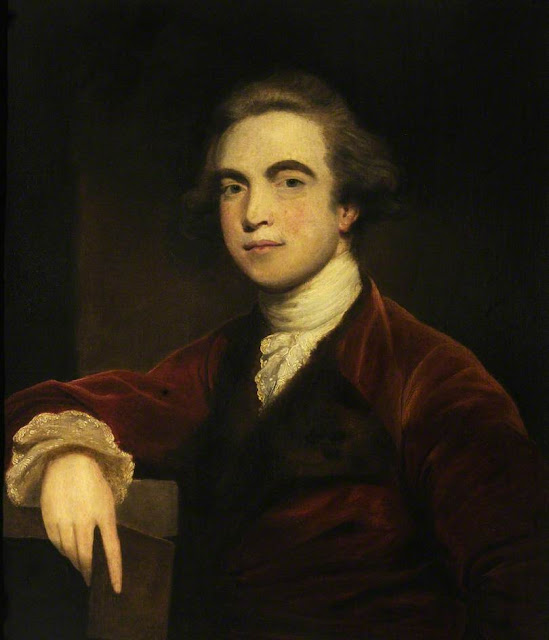The Significance of Lord Macaulay

My blogging is inextricably connected with Lord Macaulay. Indeed, the root of all this is my belief that even if India was made, the task of making Indians is still unfinished; an education that combine cultural confidence, economic emancipation and political imagination fit for nation-building is yet to be found. But, more directly, I caught onto blogging as I came across the well-known meme about Macaulay conspiring to destroy a prosperous India with English language, wrote a casual and rather amateurish post debunking it and then got drawn into a debate that continued for more than a decade. Truth be told, that engagement was central to how my interests changed from the technical nuances of delivering education to the cultural history of it and why I came to commit myself to history of ideas as my field of study. But, then, it's not just a personal fixation; with the Hindu nationalists in ascendance in India, it has become a nation one. He is the bogeyman of English education, w...







